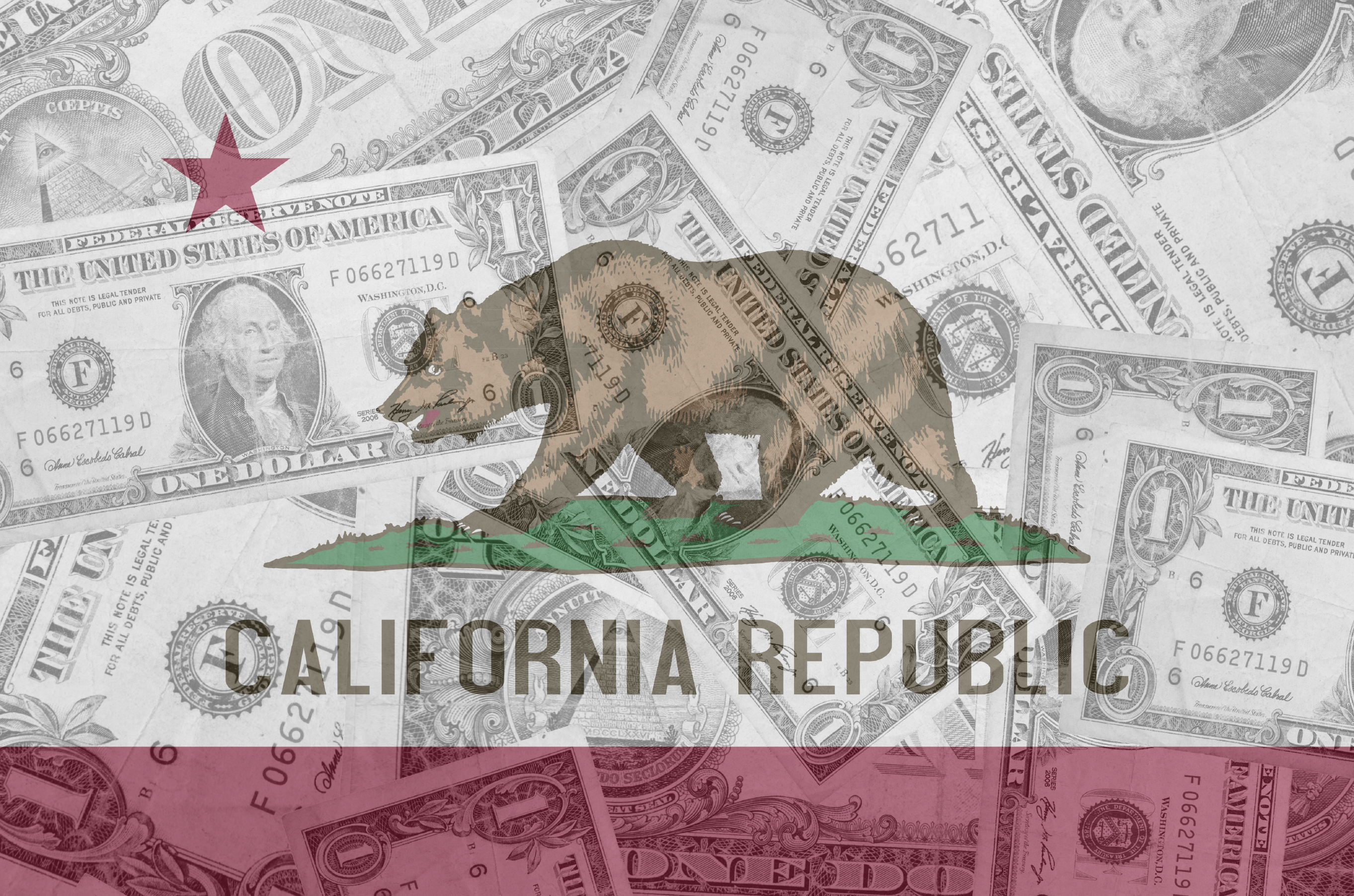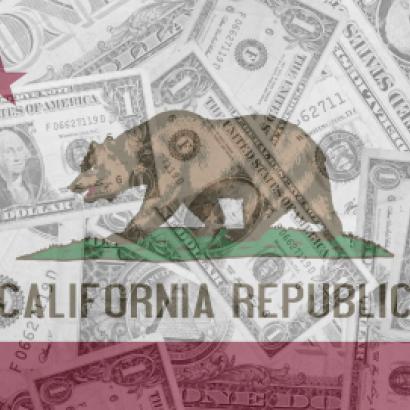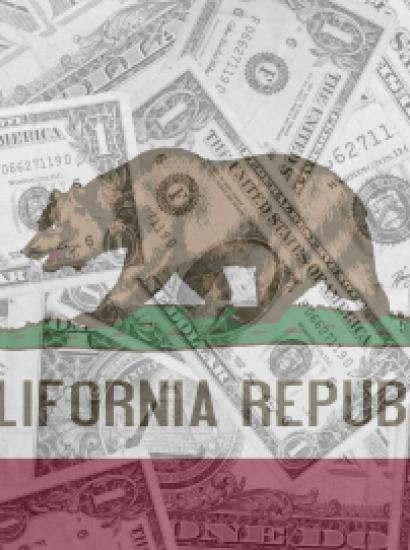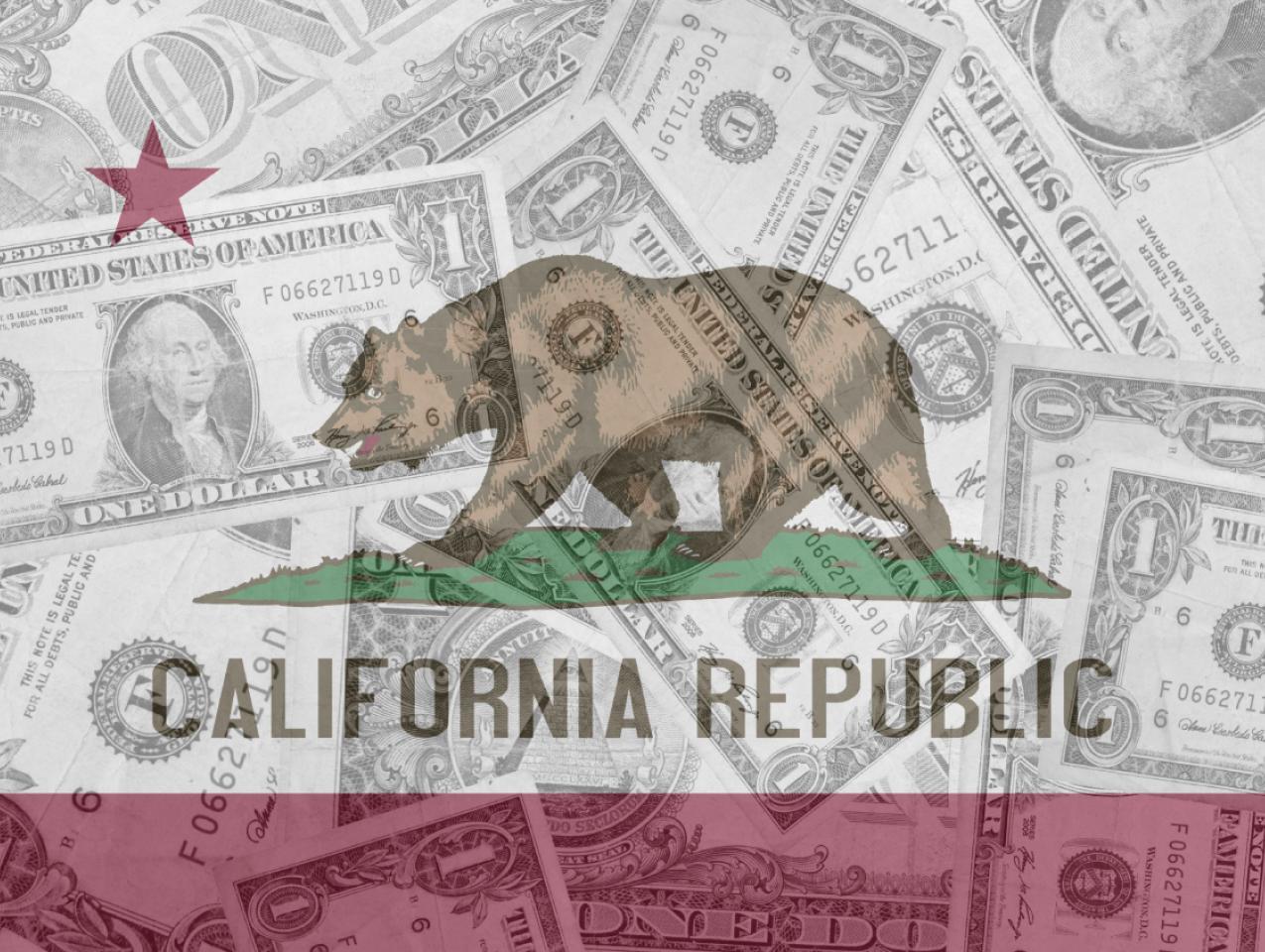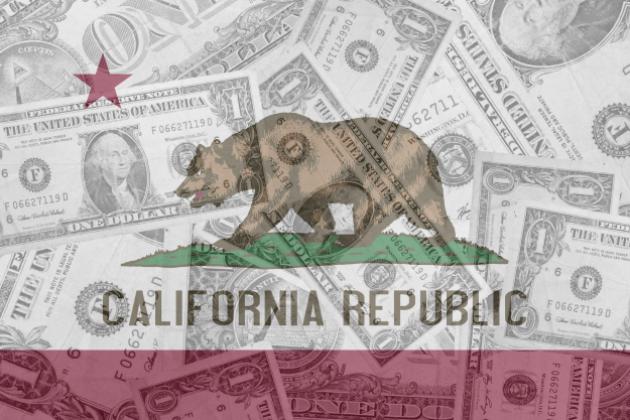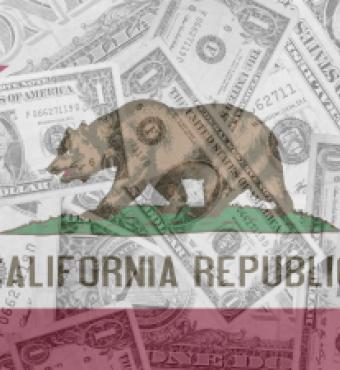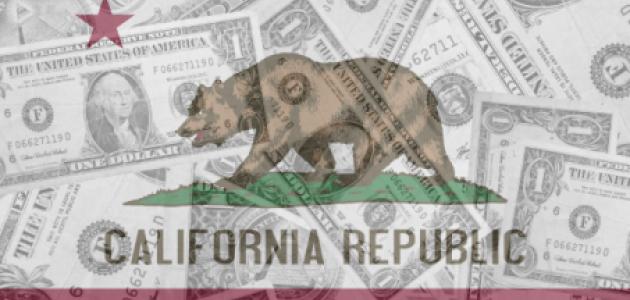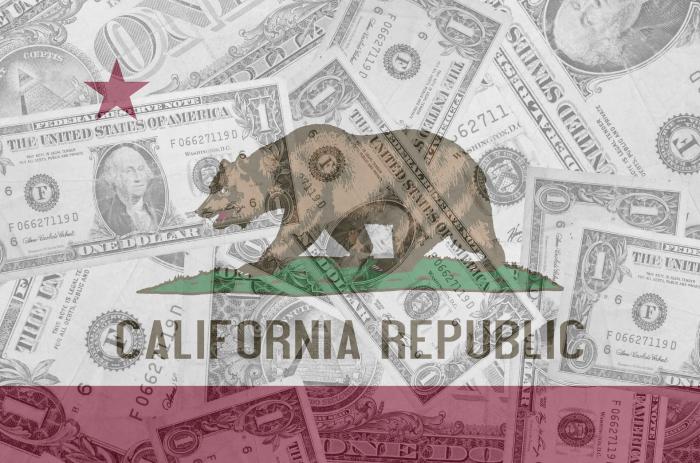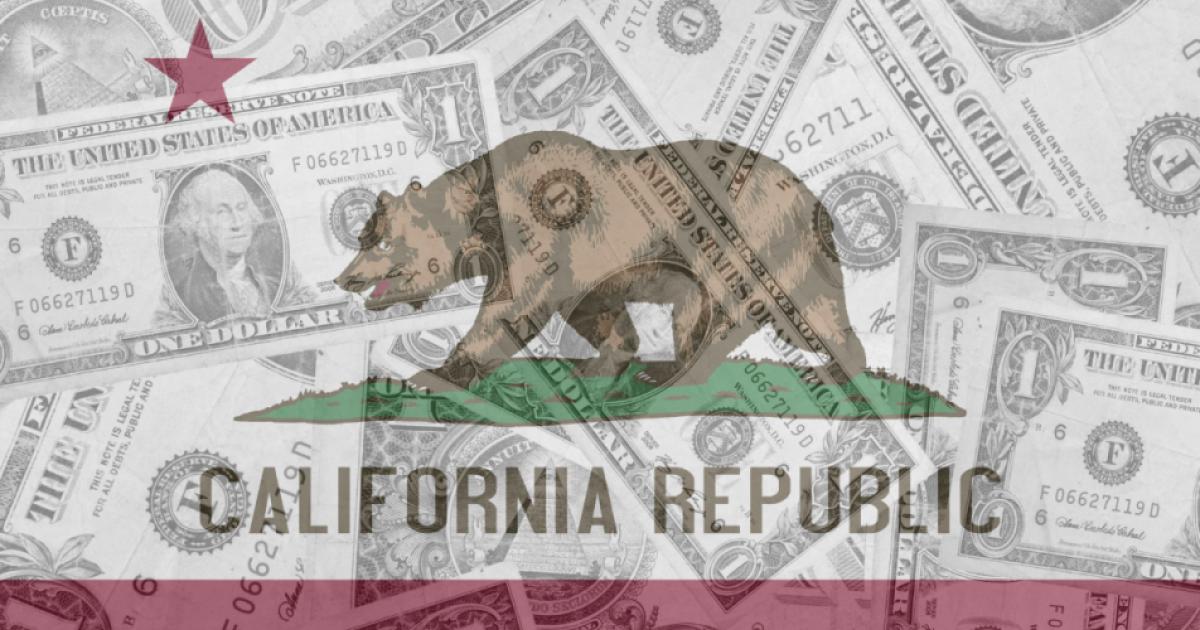- State & Local
In what can only be described as gross fiscal mismanagement, California must now deal with a state budget deficit of as much as $58 billion in the next fiscal year and ongoing deficits of about $30 billion through 2028. Since California must balance its state budget, this means deferring planned spending until later years, using $18 billion in reserves, and considering new tax proposals. But California is already ranked as having the third-worst tax climate in the country, behind only New York and New Jersey. California, New York, and New Jersey also rank first, second, and fourth, respectively, among states losing the largest numbers of residents last year, and future tax increases will almost certainly lead to more people leaving California.
California’s fiscal mess is self-inflicted. State spending is too high, previous budgets prioritized the wrong items, and tens of billions have been wasted in the process. Just a year and a half ago, California’s state government was awash in funds from $600 billion of federal COVID relief and extremely high tax payments from the state’s highest earners, many of whom paid over $1 million in personal state income taxes. Temporarily high funding led California to increase its state budget way too much, particularly in a state that is shrinking. Between 2019 and 2023, California’s population declined by about 472,000, yet the 2022–23 budget increased by 43 percent over its 2019–20 level, with a budget press release that led off with “Cha-ching!”
The 2022–23 budget ballooned to $308 billion, over $23,000 per household. There seemed to be cash for every political agenda, including relocation incentives for businesses willing to move to California from anti-abortion states, funding for healthcare irrespective of an individual’s immigration status, and nearly $54 billion in climate initiatives. There was so much money that Newsom played the part of a TV game show host who gave away $750,000 in cash prizes to contestants who received COVID vaccinations.
But with federal COVID relief ending, and tax payments far below those of previous years, California’s Legislative Analyst’s Office (LAO), a nonpartisan research agency that provides fiscal information and advice, is projecting a $58 billion budget deficit for fiscal year 2024–25, an amount that exceeds the general fund budgets expenditures of all states other than New York and Texas for 2022, which is the latest data available.
Newsom has proposed a 2024–25 budget of $291.5 billion, which is unrealistic, not only because it is far too high for the coming fiscal year but because he is unwilling to recognize the enormous fiscal problems the state faces in future years. Newsom believes that state revenues will “return to the pre-pandemic trend,” which flies in the face of the fact that the state has lost nearly 348,000 jobs since January 2020, an interval during which the rest of the country haas added over 5.2 million jobs.
He believes that the LAO’s forecasted $58 billion deficit is $20 billion too high, choosing instead to be “a little less pessimistic” than those who specialize in the state’s fiscal affairs—a team that understands that the state has lost not only nearly half a million in population but more than 27,000 taxpayers with an adjusted gross income of at least $200,000 and over $29 billion in tax revenue, both in just one year of Newsom’s governorship.
In addition to reducing the LAO’s deficit forecast by $20 billion, Newsom is using several gimmicks to try to make his $291.5 billion budget balance. This includes moving $3.4 billion from one spending account to another and deferring June 2025 state government paychecks to July, so that they will get counted in the 2025–26 fiscal year. Then there is draining the state’s rainy-day fund of over $18 billion, which represents more than half of the account’s current balance.
California’s budget problems are not just a consequence of spending too much. It is spending that has not produced what was intended. Our schools continue to fail most students, with only about one out of four being proficient in math, reading, or science. Our roads, dams, and levees receive a grade of about a D+ from the American Society of Civil Engineers. California high-speed rail, which was supposed to have been completed three years ago, now has no pathway to completion, despite billions spent. And for all that California has spent on climate issues, our carbon emission reductions have been more than offset by wildfires, which reflect the state’s deficient management of forests and oversight of utilities.
The reality is that neither Newsom nor the Democratic supermajority–led State Senate or State Assembly has any intention of reducing state spending to a reasonable level, which means that new taxes will almost certainly be coming. The State Assembly held a hearing on a wealth tax last week that would include a 1.5% levy on global assets held by Californians with a net worth of $1 billion as early as this year, and on those with a $50 million net worth by 2026. If such a proposal were to pass, it would of course simply drain the state of its remaining high earners. Newsom indicates he won’t sign such a bill, but the proposal is out there, and who knows what future governors will do.
A ballot proposition is scheduled for a vote this year that would require any California state or local municipality tax increase be approved by two-thirds of voters. But Newsom and the Democrats within the state legislature have succeeded in petitioning the Supreme Court to consider removing the proposition from the ballot under the argument that if passed, it would significantly change the state’s constitution, which itself requires a two-thirds majority vote by the state legislature. Arguments are expected to be held next month.
About the proposition, Newsom spokesperson remarked, “This radical effort led by wealthy business interests impermissibly seeks to completely restructure our system of government in a way that will hobble the state’s ability to respond to future crises.”
State budget crises do not happen because taxes are too low. They happen because state politicians spend far too much. Today’s politicians are not worried about future budget crises. They are worried about losing their ability to raise taxes whenever they like. And if the ballot proposition remains and passes, it will not be because of wealthy business interests. It will be because political leaders cannot effectively manage a budget nor deliver value to their constituents.







